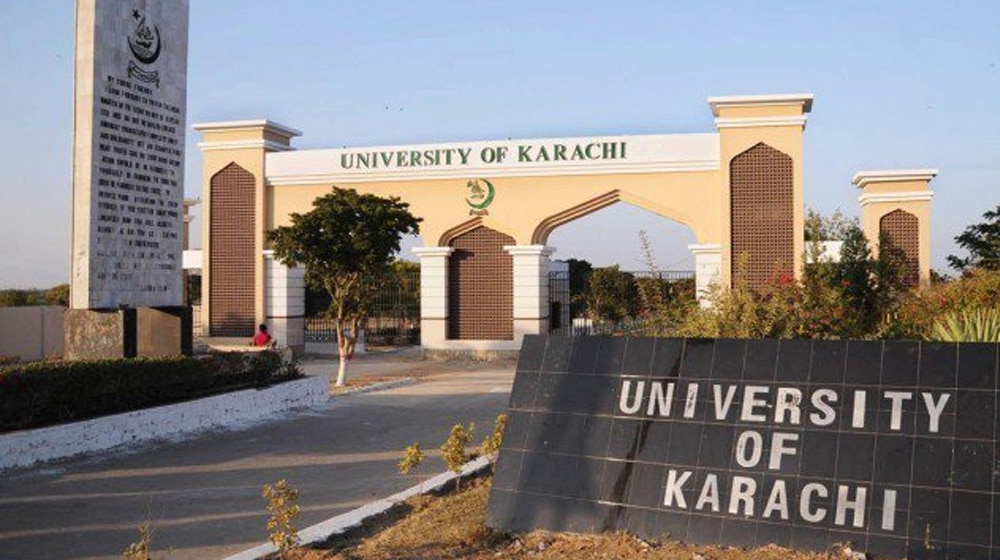
The University of Karachi (KU) has rejected the Higher Education Commission’s (HEC) notification to end two-year degree programs and to start a new associate degree (AD) curriculum on a semester basis.
According to reports, KU’s Vice-Chancellor(VC), Prof. Dr. Khalid Iraqi, said that the university has presented the HEC’s decision to its Academic Council that rejected the decision twice.
KU will be sending a letter to the Chairman HEC in this regard for the commission to convene a meeting of the Vice-Chancellor’s Forum of 187 public and private universities across the country and to come up with a revised decision.
ALSO READ
HEC Introduces Special Measures to Facilitate the Differently-Abled Students
The Acting Director Quality Enhancement Cell of the University of Karachi, Javed Akram, confirmed the letter saying, “The draft of the letter is ready and is being sent to the HEC”.
As per reports, a summary of the matter has been sent to the Sindh Board which provides briefings on the HEC’s decisions, and the Government of Sindh has also been informed of the same.
The Acting Director reportedly claimed that “Karachi University has 70,000 students enrolled in the two-year degrees and MA programs, including private students”.
He remarked that the university is currently entering a new phase of admissions for the upcoming academic session while facing a grant deficit of Rs. 2 billion.
ALSO READ
Karachi University Extends Deadline for Online Admission Tests
According to the HEC’s decision, the students who had enrolled in the two-year programs in December 2018 should complete their degrees by December 2020, and that those who fail to do so will be enrolled in the new AD program.
Students who complete the two-year ADs will qualify as academically equivalent to the fourth semester of a regular four-year BS program and will be required to complete four more semesters to get BS-certified.
KU’s summary of the issue suggests the HEC’s directive is not immediately enforceable and that universities will face financial difficulties because of it.
Via: expressnews